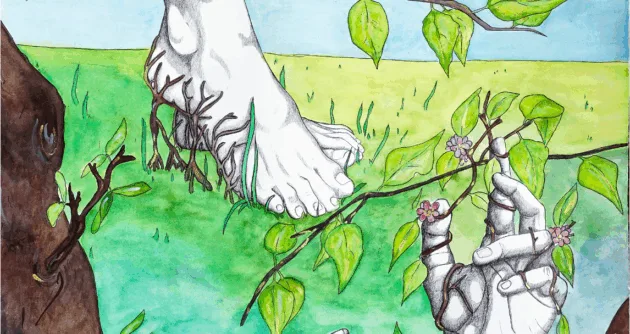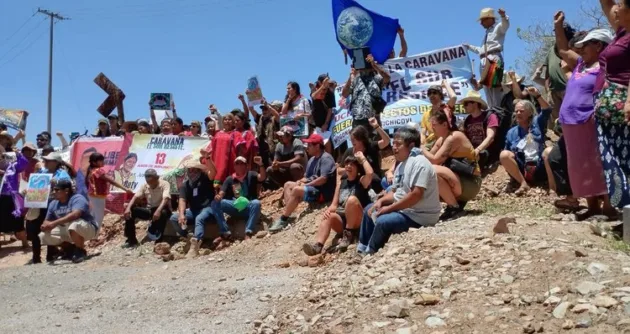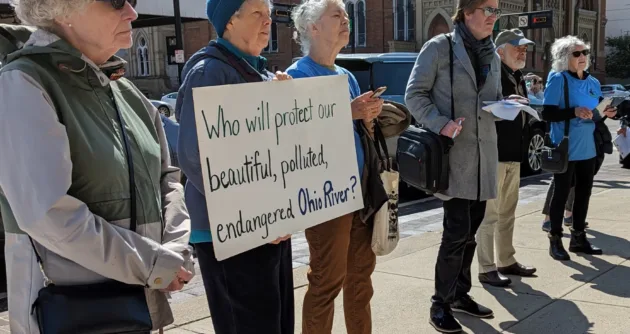Removes Duly Qualified County Charter Initiatives from Ballot
FOR IMMEDIATE RELEASE
August 14, 2015
Contact:
Tish O’Dell, Ohio Community Organizer
tish@celdf.org, 440-838-5272
COLUMBUS, OH: The Ohio Secretary of State, Jon Husted, declared that the citizens of Medina, Fulton, and Athens Counties may not vote on their own county charter initiatives, despite meeting requirements to place those initiatives on the November ballot.
In a statement released yesterday, Mr. Husted – elected by the citizens of Ohio – made clear that his interests lie with the oil and gas industry, rather than We the People. Despite the people’s constitutional right to alter or reform their own government, Mr. Husted claims “unfettered authority and being empowered by the Ohio Revised Code” to deny the people their constitutional right.
This summer, Medina, Fulton, and Athens County residents secured the necessary signatures to place county charter initiatives on the November ballot. Each of these counties faces fracking wastewater injection wells, LNG pipelines, and other infrastructure projects that threaten to pollute clean air and pure water, regardless of community wishes.
County residents requested the Community Environmental Legal Defense Fund (CELDF) assist them to draft county charters establishing community rights to local self-government, and clean and water – banning fracking infrastructure projects as a violation of those rights. CELDF is also partnering with the Ohio Community Rights Network (OHCRN) to assist communities.
These counties join communities in Pennsylvania, Colorado, Oregon, and other states, where residents are asserting their right to make the decisions about those things directly impacting them – including whether or not fracking can occur – through advancing community rights.
Mr. Husted’s claims that the people of Ohio have no community right to protect their own health, safety, and welfare, is unsurprising. He joins the state legislature and the judiciary in their stand to protect the oil and gas industry over people, communities, and nature.
There was a time in our history when electeds such as Mr. Husted said women and African Americans were property with no rights to protect themselves, as well. It was only when the people altered and reformed our legal structure that unjust laws, such as the ones allowing slavery and women as property – and similar in design to the laws cited by Mr. Husted today – were changed.
The Abolitionists, Suffragists, and Civil Rights advocates did not go home when the might of the legislatures, executives, and judiciaries was wielded against them. So today do the people of Ohio refuse to fold simply because an elected declares, “It’s the law.”
Stated Milena Miller of Athens County, “The law is to uphold inalienable rights – not to strip them away – and the people have an inalienable right to vote on our own initiatives. We have an inalienable right to clean air and pure water. We have an inalienable right to govern ourselves.”
Added Debra Beckstett of Medina County, “We will not stand idly by as our communities are pillaged by an industry that has purchased the very government that was supposed to represent us. This is our land, our air and water, our families – our communities. We will protect them.”
With this blatant State violation of the people’s right to alter their county governments by asking the voters to consider a home rule style of government, it is becoming increasingly clear that the people of Ohio need to alter their government not only at the local level, but the State level as well. Municipal, township, and county residents across the state are working with CELDF and OHCRN to draft and advance a state constitutional amendment that will secure and protect community rights to local self-government.
Through grassroots organizing and public interest law, CELDF works with communities across the country to establish Community Rights to democratic, local self-governance and sustainability. CELDF has assisted nearly 200 communities to ban shale gas drilling and fracking, factory farming, water privatization, and other threats, and eliminate corporate “rights” when they violate community and nature’s rights. This includes assisting the first communities in the U.S. to establish the rights of nature in law – as well as assisted Ecuador to draft rights of nature provisions for its constitution in 2008 – as well as the first communities to elevate the rights of communities above the “rights” of corporations.


